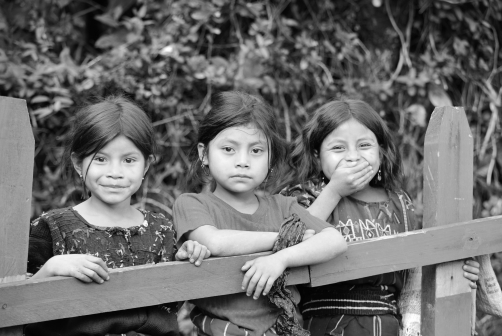
One of Guatemala's main development challenges is chronic malnutrition: 46.5% of children under 5 years of age suffer from it, placing the country with the highest rate in Latin America and the sixth highest in the world. Good nutrition at the beginning of life and, in particular, during the 1,000 days between conception and the second year of a child's life, translates into greater growth, cognitive development and good health, guaranteeing short and long-term benefits. Likewise, its importance is closely linked to indicators related to the quality of life of countries, as well as its relationship with poverty levels. Although there have been plans and programs from the Government of Guatemala, these have not been entirely efficient in reducing malnutrition levels. However, there are international examples that show that this problem can be successfully combated and serve as an example for Guatemala to follow. These solutions require, mainly, a solid state articulation based on true leadership. The study highlights the need to address the problem from a scientific perspective to ensure a measurable and successful impact on child nutrition and development in Guatemala.







